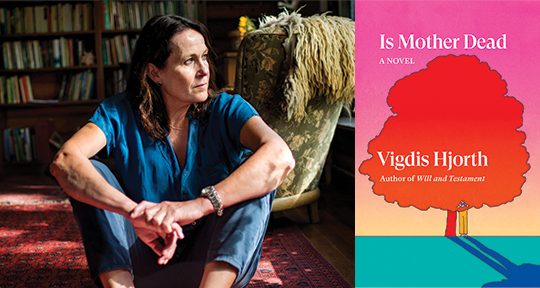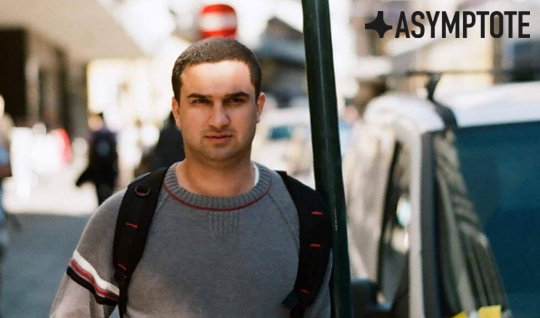In this week’s updates on world literature, our Editors-at-Large bring you updates on literary awards and interdisciplinary festivals! From applied computer science for literature to books for Dalit History Month, read on to find out more!
Eva Wissting, Editor-at-Large, reporting from Sweden
Earlier this month, Norwegian novelist Vigdis Hjorth was announced the recipient of the inaugural Sara Danius Foundation Prize. Vigdis Hjorth is one of Norway’s most prominent writers, with over twenty novels and several young adult books published over the last forty years. English-language readers know her from titles like Is Mother Dead (2022) and Will and Testament (2019), both available in translation by Charlotte Barslund. Is Mother Dead was longlisted for the International Booker Prize, and Will and Testament was longlisted for the 2019 National Book Award in the USA for best translated novel. The Danius Foundation emphasized Vigdis Hjorth’s “groundbreaking and magnificent narrative that disrupts the order with style and clarity” in explaining their motivation for awarding Hjorth the Sara Danius Foundation Prize. The award consists of SEK 50,000 and an artwork depicting Sara Danius, painted by Stina Wirsén. Sara Danius was a Swedish scholar of literature and aesthetics, a literary critic and an essayist, and the first female permanent secretary of the Swedish Academy. After her passing in 2019, her family created the Sara Danius Foundation, with the purpose of supporting female pioneers in literature, humanities research, criticism, essay writing, journalism, and artistic activities. This year’s award ceremony will take place at the Sven-Harry Art Museum in Stockholm on May 3. READ MORE…




